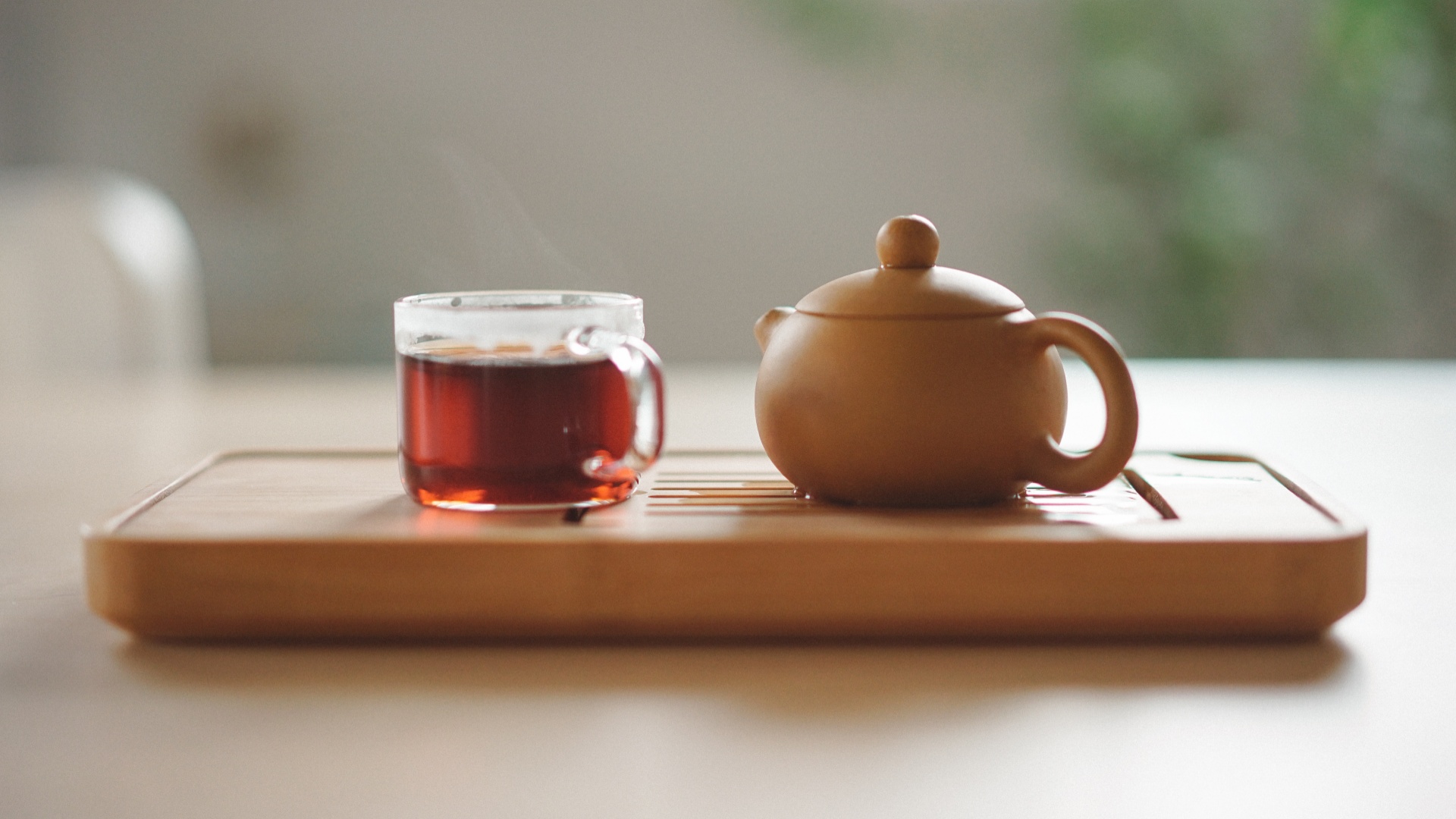- The Department of Trade and Industry (DTI) has welcomed significant reduction in tariffs for the import of rooibos tea into China.
- Previously, tariff costs ranged between 15 and 30 percent.
- With China representing the biggest tea drinking market in the world, it is an important development for South Africa.
Tea is big business, and rooibos tea in particular is important to South Africa’s economy.
Not only is it uniquely native to our country alone, the South African Rooibos Council estimates that 20 000 tons of the dried leaves are produced locally each year, and its export has been specifically significant to the Department of Trade and Industry (DTI) in recent years.
To that end the DTIO notes that it accounted for hundreds of millions of rands of annual exports in 2022, but more recently the tariffs to get roobois tea into China has proved an expensive stumbling block. Previously tariffs for the import of rooibos into China, which is the biggest tea drinking nation in the world, would range wildly between 15 percent to 30 percent.
Thankfully though, that has changed this year as the DTI and the Customs Tariff Commission of the State Council of China have reached an agreement on the product’s import. This as the tariff has been reduced significantly to 6 percent, with discussions around the matter happening in the latter half of 2023.
“In August last year, South Africa’s Minister of Trade, Industry and Competition, Ebrahim Patel raised the tariff duties on rooibos tea with his counterpart, the Chinese Minister of Commerce, Wang Wentao, during the 8th meeting of the China-South Africa Joint Economic and Trade Commission. He requested that China considers a request to reclassify rooibos tea and to reduce the duties,” government explains in a press release.
“Following further consideration from the Chinese side, the Customs Tariff Commission of the State Council of China advised it will be adopting the new tariff code of the WCO to categorise Rooibos tea under tariff code HS 1211.90.39 with an import tariff rate of 6%,” it confirmed.
The change has reportedly been in effect since 1st January 2024.
With the production of rooibos generating employment for more than 5 000 people locally, as well as China being the 7th largest recipient market (45 markets worldwide) in 2023, the reduction and fixed rate on the tariff comes at an important time.
“This decision will enable more South African rooibos tea to be available to Chinese tea drinkers, creating more jobs in South Africa. Rooibos exporters can now ramp up their exports of tea to China,” noted Minister of Trade and Industry, Ebrahim Patel.
“China is currently South Africa’s largest global trading partner, with Chinese customs reporting two-way trade of more than R900 billion. We look forward to continuing our engagements with our Chinese counterparts as we seek to shift our exports from mainly minerals to a greater basket of value-added agricultural and industrial products,” he concluded.
With rooibos tea being a uniquely South African product, here’s hoping its export results in more positives for the country’s economy.

